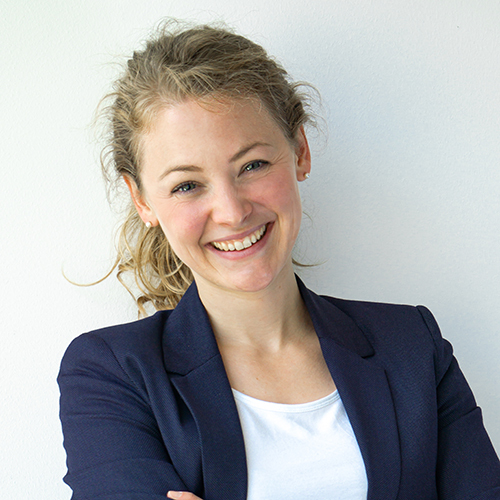More articles
On-demand services that reinforce existing regular rail and bus services make an important contribution to comprehensive mobility and climate protection. This is the result of a study by Deutsche Bahn (DB) subsidiary ioki, which examined the need for and sustainability of new mobility services in Germany.
The mobility analysis by ioki shows: 27 million Germans living in metropolitan regions and cities have access to very good local public transport. For 55 million Germans who live in the suburbs and in rural areas, the offer is significantly lower. There is a dense net-work of stops throughout Germany. But less than half of the stops in the countryside are served more than twice an hour. In contrast, 90 per cent of city dwellers have at least one stop per hour. There is also an urban-rural divide in new forms of mobility: More than 90 percent of on-demand services, rental bikes and e-scooters are located in the centres of large cities. Only five percent of municipalities with less than 20,000 inhabitants have at least one on-demand or sharing service.
Michael Barillère-Scholz, Managing Director of ioki: «On-demand transport has been proven to promote the mobility revolution. We are demonstrating this in the Hamburg metropolitan region, in Hesse and many other regions in Germany. With flexible shuttle vehicles that are available on demand via app and drive to the next bus or S-Bahn station. This enables us to attract more passengers to public transport. Through our analyses, we also know exactly where and how we can achieve the greatest benefit for passengers and climate protection. In this way, we support federal states, municipalities and companies in the mobility transition on the ground.»
Attractive public transport on demand reduces dependence on the car
According to ioki mobility researchers, one in four German households owns more than one car. Almost all of them are in rural areas. To be able to do without their second or third car, these households need an attractive local public transport service as an alter-native. A total of 42 million German households owns 12 million second, third or fourth cars. 380,000 on-demand vehicles could replace these cars. 12 million fewer cars – this represents an annual savings potential of around 15 million tonnes of CO2 per year. This corresponds to 10 per cent of the total CO2 emissions that are emitted annually in Germany in traffic.
Michael Wurm, Director of Mobility Analytics at ioki, whose team prepared the study: «Our mobility analytics team has so far conducted about 50 analyses for German transport operators, cities and municipalities. Now, we want to offer this service to customers in other European cities and regions. The identification of actual mobility needs, and service gaps is a key element on the way to a more attractive and optimized public transport system.” Comprehensive mobility analyses have already been carried out in Spain and Switzerland, where ioki’s digital operating system is already being used for on-demand transport. Further analyses for European customers are to follow in the coming months.
Image rights © DB AG / Faruk Hosseini

